
About Andrew Cusack
 Writer, web designer, etc.; born in New York; educated in Argentina, Scotland, and South Africa; now based in London.
Writer, web designer, etc.; born in New York; educated in Argentina, Scotland, and South Africa; now based in London. read more
News
Blogs
Reviews & Periodicals
Arts & Design
World
France
Mitteleuropa
Knickerbockers
Argentina
The Levant
Africa
Cape of Good Hope
Netherlands
Scandinavia
Québec
India
Muscovy
Germany
Academica
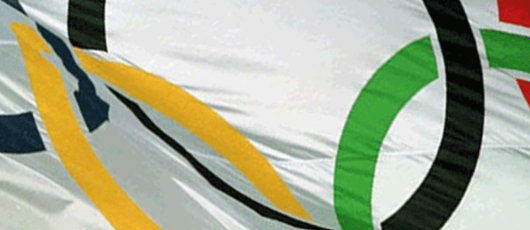
Olympic Teams of Yesteryear
The vanished lands and failed alliances of the Modern Olympiad
THE GAMES OF THE Modern Olympiad are events which are meant to bring the peoples of the world together in peace and harmony and all those good and heartening things, but from the very beginning they have gotten bogged down in the petty particularities of rival nations, which altogether makes them rather more fun and interesting, if perhaps a touch less high-minded. The story of the ancient gathering’s revival in 1896 through the efforts of Pierre Frédy, Baron de Coubertin is well-known. Athletes from at least fourteen countries participated in those first modern games in Athens over a century ago, though the concept of national teams was not introduced until the 1906 games (the Intercalated Games, which have since been de-recognised by the IOC). But since those first games towards the end of the nineteenth century, the fortunes of many lands have waxed and waned, and likewise the spirit of unity amongst various peoples vied with the spirit of distinctiveness. Here, then, are but a small sample of Olympic teams which once vied for gold but which can no longer be found among the Olympic competitors of today.
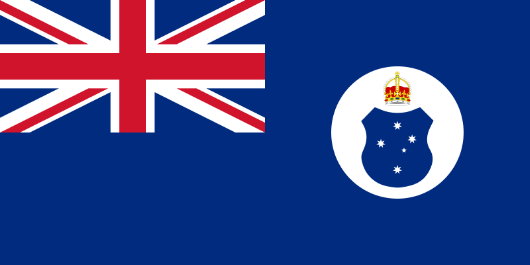
Australasia
The Commonwealth of Australia and the Dominion of New Zealand fielded a unified team for two games of the summer Olympics.
Games: 1908, 1912
Gold: 3 medals
Silver: 4 medals
Bronze: 5 medals
Total: 12 medals
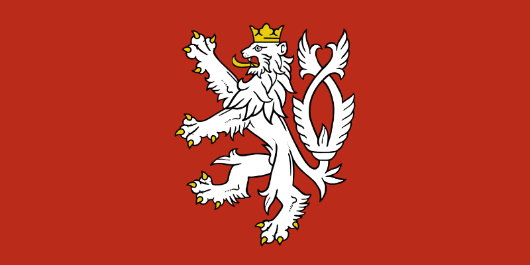
Bohemia
The subjects of the Hapsburg empire competed under the flags of three different teams, corresponding to the three most prominent realms: Austria, Hungary, and Bohemia. The first two have teams to this day, while Bohemia was later subsumed into Czechoslovakia and then the Czech Republic.
Games: 1900, 1908, 1912
Gold: 0 medals
Silver: 1 medal
Bronze: 3 medals
Total: 4 medals
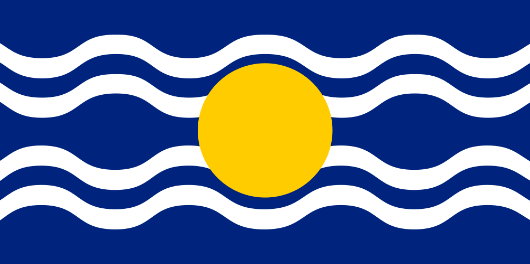
British West Indies
The West Indies Federation, more commonly referred to as the British West Indies, existed from 1958 to 1962, and competed at Rome under the name ‘Antilles’.
Games, 1960
Gold: 0 medals
Silver: 0 medals
Bronze: 2 medals
Total: 2 medals
total: 2
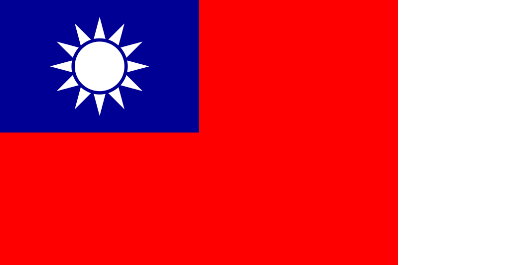
Republic of China
Athletes from the Republic of China first competed in the 1932 games. From 1949, mainland China was overwhelmingly under the control of a rebel Communist government, which declared itself the People’s Republic of China. The Nationalist government continued to exist on the Chinese island of Taiwan, and established Taipei as its capital. During the 1960s & 70s more and more countries severed relations with the Republic of China and established them with the PRC. The Republic of China team last competed at the Summer Olympics in 1972 and the Winter Olympics in 1976. In 1979, the International Olympic Committee recognised the ‘Chinese Olympic Committee’ in the People’s Republic of China. From 1984 onwards, however, athletes from the Republic of China competed under the convoluted name of ‘Chinese Taipei’.
Games: 1932, 1936, 1948, 1956, 1960, 1964, 1968, 1972
Gold: 0 medals
Silver: 1 medal
Bronze: 1 medal
Total: 2 medals
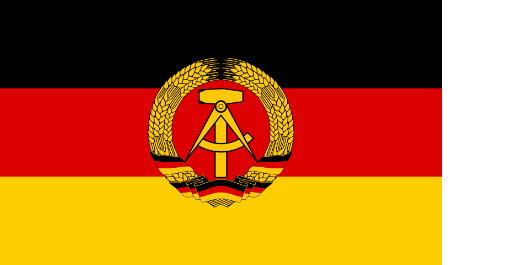
German Democratic Republic
Germany fielded unified teams for the 1956, ’60, and ’64 games, but East and West Germany competed separately from the 1968 games onwards until the German Democratic Republic (East Germany) was annexed to the Federal Republic of Germany in 1990. The Bundesrepublik’s team is now the only German Olympic team (Austria excepted).
Games: 1968, 1972, 1976, 1980, 1988
Gold: 153 medals
Silver: 129 medals
Bronze: 127 medals
Total: 409 medals
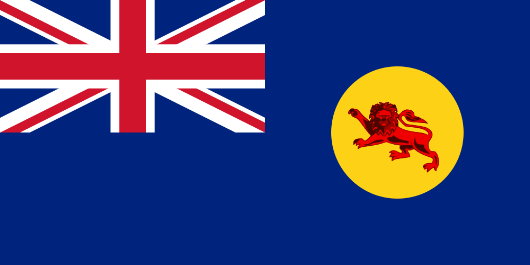
North Borneo
The British colony of North Borneo put in a single appearance at the 1956 summer games in Melbourne. The little state became part of the independent Federation of Malaysia in 1963.
Games: 1956
Gold: 0 medals
Silver: 0 medals
Bronze: 0 medals
Total: 0 medals
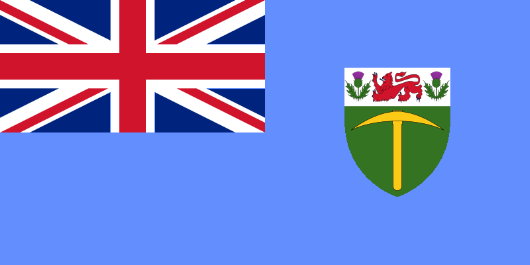
Rhodesia
Rhodesia was a colony within the British Empire but was granted self-government in 1922 when its electorate rejected an offer to unite with the increasingly Afrikaner-dominated Union of South Africa. The country became independent in 1965, a republic in 1970, and became a full democracy in 1979 under the name of Zimbabwe-Rhodesia. The new state was unrecognised, however, and after talks in London it was agreed to revert to its de jure colonial status in preparation for a legal grant of independence, which was achieved in 1980 as Zimbabwe.
Games: 1928, 1960, 1964
Gold: 0 medals
Silver: 0 medals
Bronze: 0 medals
Total: 0 medals
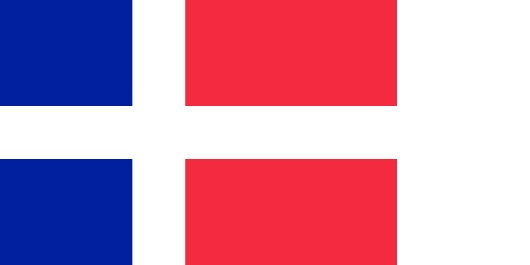
Saarland
The Saar Protectorate was established by French occupying forces in 1946, separating the large coalfields of this industrial region from the joint allied jurisdiction of Occupied Germany. While France offered independence to the Saar, a move supported by the West German chancellor Adenauer, the citizens of the protectorate rejected it in favour of reunification with the Federal Republic, which was accomplished on the first day of 1957.
Games: 1952
Gold: 0 medals
Silver: 0 medals
Bronze: 0 medals
Total: 0 medals
Other Olympic teams disappeared from competition only to reappear again. Serbia competed in 1912 and then not again for another ninety-six years until the 2008 games. 1912 was also the last appearance of Russia (as the Russian Empire) until the ’94 Winter and ’96 Summer games when it returned as the Russian Federation. Other states began to compete under colonial names and adopted new ones upon achieving sovereignty.
Zambia became independent on the last day of the 1964 games, but its athletes competed under the name of Northern Rhodesia. The two Germanies were not the only countries to field unified teams: Egypt & Syria did so as the United Arab Republic and all the states of the former Soviet Union (minus the Baltics) competed as ‘the Unified Team’ in the 1992 Summer Olympics.
What, then, will be the next Olympic team to disappear? The Netherlands Antilles first competed in 1952, but the country will be dissolved next month (October 2010). Three of its islands will merge fully into the Netherlands proper as municipalities, while Curaçao and Sint Maarten will become full constituent countries of the Kingdom of the Netherlands (alongside the Netherlands proper and Aruba).
Looking further into the future, the awkward ‘Chinese Taipei’ designation may disappear if the Republic of China is integrated into the People’s Republic of China, per force of arms or otherwise. But the area currently administered by the ROC could become a Special Administrative Region, alongside Hong Kong and Macau. A Taiwan S.A.R. may complete separately for Olympic purposes, as Hong Kong (which first competed as a British Crown Colony in 1952) has done. Little Macau, while it has its own Olympic committee, has not yet competed on its own in the Olympics.
Search
Instagram: @andcusack
Click here for my Instagram photos.Most Recent Posts
- Teutonic Takeover March 10, 2025
- Katalin Bánffy-Jelen, R.I.P. March 3, 2025
- Substack Cusackiensis March 3, 2025
- In the Courts of the Lord February 13, 2025
- American Exuberant February 10, 2025
Most Recent Comments
Book Wishlist
Monthly Archives
Categories



Thanks Andrew–an amazing wealth of information. I wonder what happened to the 1948 Republic of China team when they got back home?
Dear Andrew,
Interesting factoids you
always come up with!
But as far as your 1990 Federal German
Republic’s supposed “annexation” of the
GDR is concerned you are totally and utterly
wrong, e.g. see, for very simplified version:
http://en.wikipedia.org/wiki/German_unity
Possibly one could historically call it a
“Re-Re-Unification” but most Germans just
prefer to call it “Die Wende”…
If you look up ‘annex’ in the Oxford English Dictionary, the first definition is “To join, unite”.
Isn’t that was happened?
The OED also gives “To add as an additional part to existing possessions”, which is precisely what happened with East & West Germany. The lands of the GDR were added to the FRG.